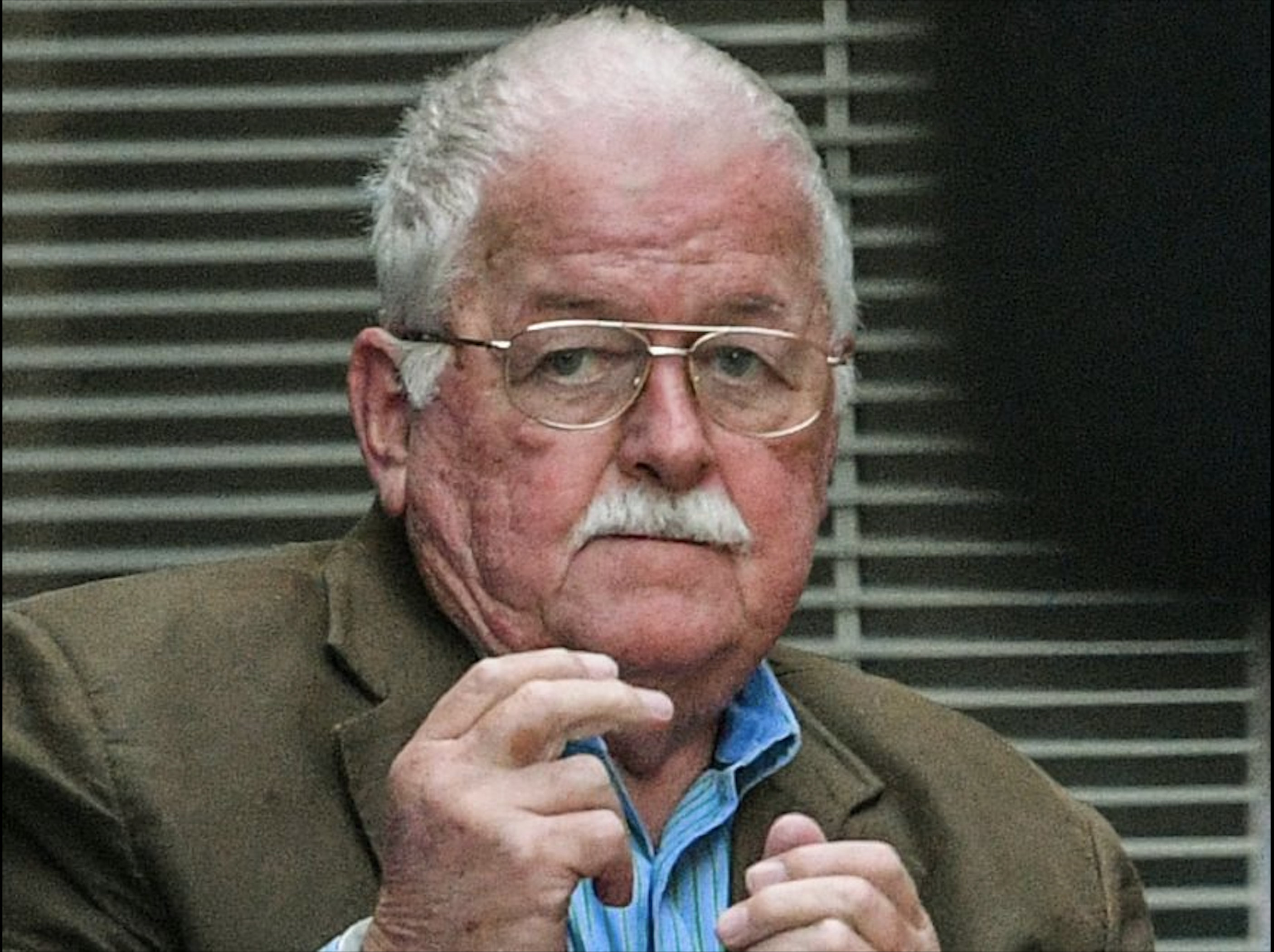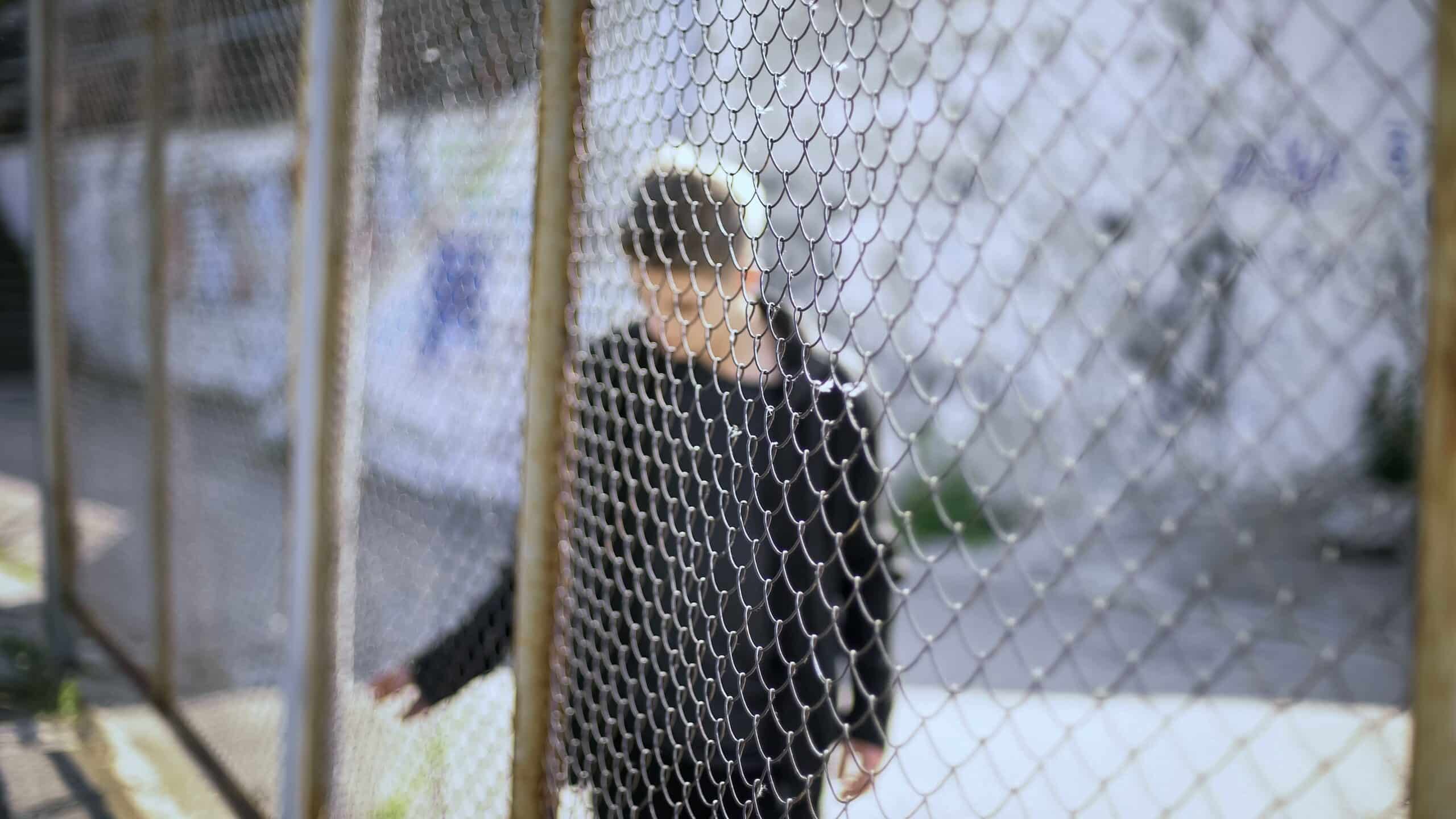Share This Article
By Poppy Morandin.
The NSW Supreme Court has found Leonard John Warwick, now 73-years-old, guilty of three murders committed in a vengeful campaign targeting the Family Court.
Following a vicious custody dispute with his ex-wife, Andrea Blanchard, in the 1980s, Mr Warick committed “extreme violence” with “tragic consequences” as described by NSW Supreme Court Judge Peter Garling.
The violence included multiple incidents which “constituted a very dark period in the history of the Court and resulted in horrific and unnecessary deaths, attempted murder as well as the destruction of property.” said Denise Healy of the Family Court of Australia, in a media statement.
Warwick’s violent campaign begun in 1980 with the shooting murder of Justice David Opas, one of the presiding judges over his custody dispute, who left his family at the dinner table to answer the ringing doorbell – only to be shot by Mr Warwick outside his home.
Following this, Pearl Watson, the wife of Justice Ray Watson, another presiding judge on the case, was murdered by a bomb planted by Mr Warwick at her home in Greenwich in 1984.
Also, in 1984, Warwick attempted to murder Justice Richard Gee, another judge involved with his case, by bombing his home. However, the judge was merely injured and managed to escape with his life, and that of his two children.
In 1985, a further bombing attack occurred at Jehovah’s Witness Kingdom Hall in Casula, which killed Graham Wykes and seriously injured 13 others. It is believed that the members of the church were targeted due to their role in helping Mr Warwick’s ex wife relocate to northern NSW.
The Family Court building at Parramatta was also bombed in 1985 which destroyed part of the building.
Finally, Mr Warwick attempted to murder his ex-wife’s lawyer, Garry Watts, through planting a car bomb at an address which he longer lived, leading to Mr Watts ceasing to act for Ms Blanchard.
Gary Watts is now a Family Court judge.
Resultingly, Mr Warwick has been convicted of 20 offences relating to the murders, attempted murders, and bombings.
The only incident which Justice Garling was not satisfied that Mr Warwick could be found responsible for was the alleged shooting murder of Ms Blanchard’s brother in 1980.
Justice Garling described Warwick as an individual who had a “tendency to take violent action” against people who “acted to his disadvantage with respect to access to his daughter”.
“The Family Court of Australia acknowledges the guilty verdicts delivered today arising from multiple charges that relate to events that took place in the 1980s.” said Mrs Healy.
“Throughout this period, the judges and staff of the Court demonstrated enormous courage by keeping the doors open and continuing to deal with the work required of them in what must have been frightening times.
“Hopefully today’s outcome provides some relief and resolution for the victims’ families and for the many people who were impacted, including current and former judges and staff of the Family Court.” she continued.
“If you want to see the face of “terrorism” in Australia then this is it.” described Greens MP, David Shoebridge, in relation to Mr Warwick.
Due to the COVID-19 pandemic, relatives of the victims had to observe in a separate room as the judge delivered the verdict, with Mr Warwick watching via video link from Long Bay prison.
The judgement was also live streamed on YouTube.
Warwick has been on remand since his arrest in 2015. His trial commenced in May 2018 before Justice Garling and finished in April 2020. He will be sentenced in a hearing on the 20th of August.
Difficulties and delays arose within Mr Warwick’s lack of legal representation as he ran out of funds for his lawyer, Alan Conolly, and then fired his public defender, before his previous representation resumed.
Mr Conolly in his submissions to the court described Mr Warwick as a “lover” not a “murderer”.
Warwick faces a sentence of life imprisonment for murder if the court is satisfied that “the level of culpability in the commission of the offence is so extreme that the community interest in retribution, punishment, community protection and deterrence can only be met through the imposition of that sentence,” pursuant to Section 61 of the Crimes Act (Sentencing Procedure) Act 1999.
Have a question on murder charges? Contact us to arrange a free consult today. Our Sydney criminal lawyers are happy to answer your questions.









